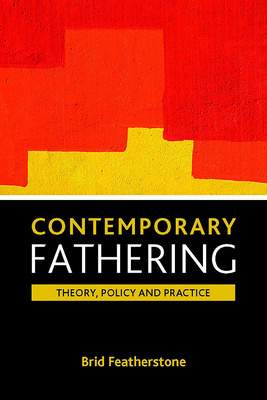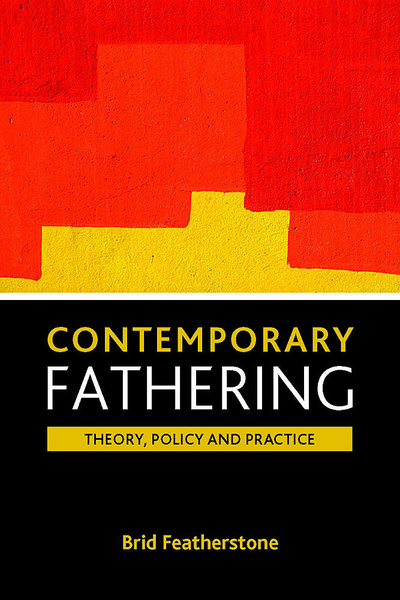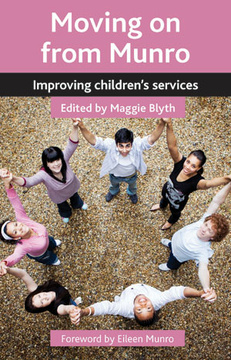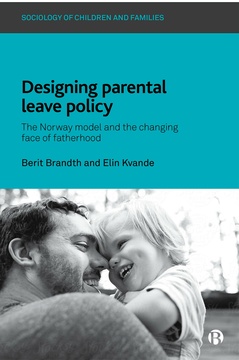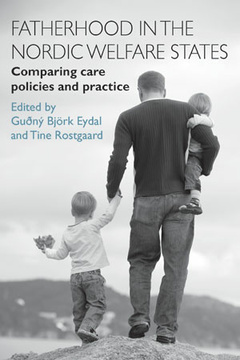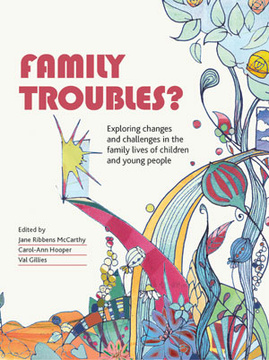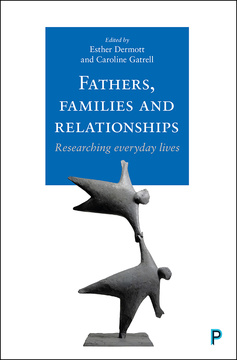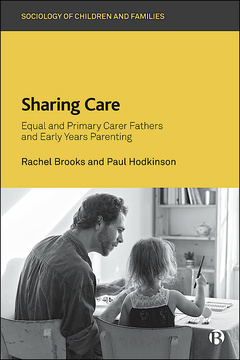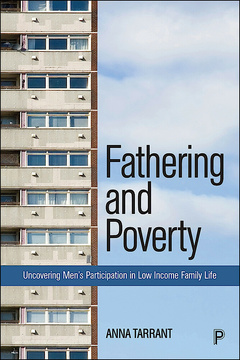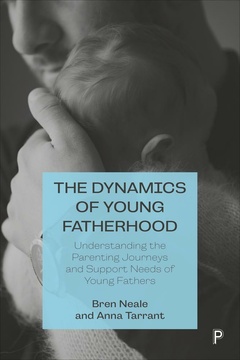Published
Apr 15, 2009Page count
232 pagesISBN
978-1861349873Dimensions
234 x 156 mmImprint
Policy PressPublished
Apr 15, 2009Page count
232 pagesISBN
978-1861349880Dimensions
234 x 156 mmImprint
Policy PressPublished
Apr 15, 2009Page count
232 pagesISBN
978-1447315346Imprint
Policy PressPublished
Apr 15, 2009Page count
232 pagesISBN
978-1447315353Imprint
Policy PressSince 1997, child welfare services have been faced with new demands to engage fathers or develop father-inclusive services. This book emerges from work by the author as a researcher and educator over many years on the issues posed by this agenda for child welfare practitioners in a variety of contexts.
In locating fathers, fathering and fatherhood within a historical and social landscape, the book addresses issues seldom taken up in practice settings. It explores diversity and complexity in fathering in different disciplines such as psychoanalysis, sociology and psychology and analyses contemporary developments in social policies and welfare practices. The author employs a feminist perspective to highlight the opportunities and dangers in contemporary developments for those wishing to advance gender equity.
A key strength of the book is its inter-disciplinary focus. It will be required reading for students, graduate and postgraduate, of social work, social policy, sociology and child and family studies. Academic researchers will also find the book invaluable because of its breadth of scholarship.
" This book is an important tool in providing the background and the practical experience that is needed to deliver services that include fathers, at a time when more and more is expected of practitioners. It is well researched, scholarly and detailed and reflects the author's vast experience of working with fathers from a feminist perspectives." Becky Sibert, Children & Young People Now, 2009
"This book is essential reading for anybody researching fathering, all the social professions that work with both men and women caring for children, and students across the social sciences". Alistair Christie, University College, Cork
"This important book fills a huge gap in understandings of fathering in social policy and social work. Theoretically sophisticated, yet accessible, it links insights from sociology, psychology and gender studies to policy and practice agendas to provide compelling arguments about why and how fathers need to be engaged with in social interventions. It is required reading for academics, policy makers and practitioners."
Harry Ferguson, Professor of Social Work, University of Nottingham
"Brid Featherstone's Contemporary Fathering is a brilliantly researched, richly detailed, and eloquent book that speaks across, and to, a range of complementary theoretical perspectives that are rarely joined in current writing on fatherhood. Drawing on her decade-long experience as a researcher and educator working in child welfare issues in Britain, Featherstone's writing embraces theoretical sophistication, accessibility, and real life examples of the challenges involved in developing father-inclusive programs and services. This book will have wide appeal to academics, service providers, policy makers, and the general public interested in families and changing fatherhood in the twenty-first century." Andrea Doucet, Professor of Sociology, Carleton University (Canada), and author of Do Men Mother?
Brid Featherstone is Professor of Social Work and Social Policy at the University of Bradford. She has been involved in researching fathers' engagement with social care services since the late 1990s.
Introduction; The contemporary context; The historical context; Freud and his legacy; Psychological perspectives; Sociological perspectives; The politics of fatherhood: contemporary developments; Contemporary social policies; Working with fathers; Reflections on a decade of working with fathers; Concluding remarks.







